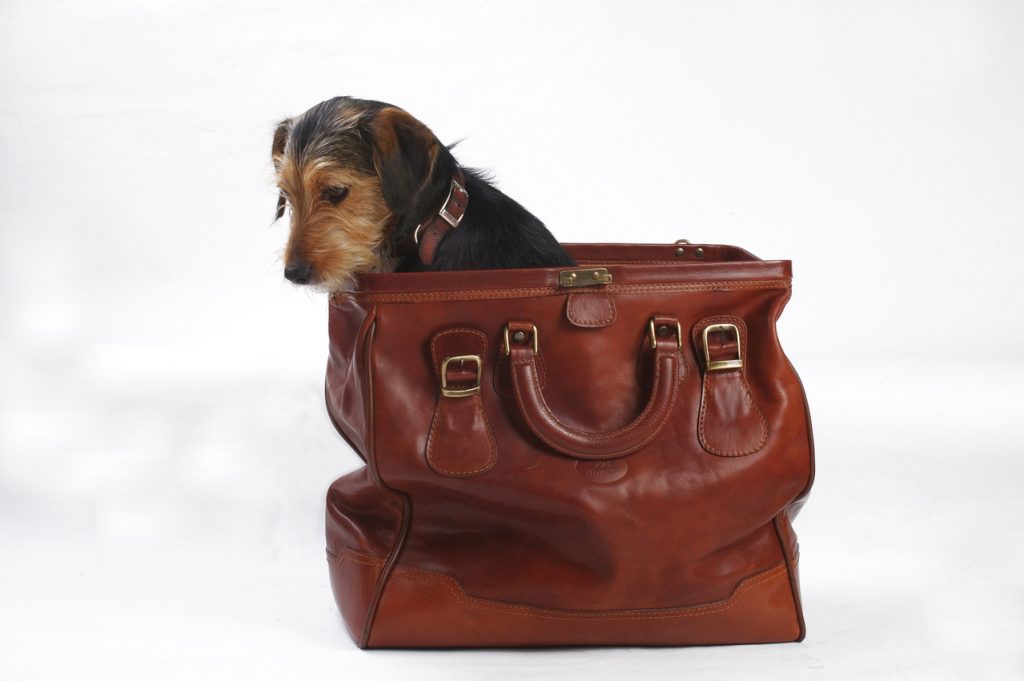
During the process of divorce or separation it is common that possessions, finances and child arrangements will be dealt with. This can be with or without the aid of the Court. However one area of complication that often arises is how to deal with the family pet.
English and Welsh Law regard pets as property much like a car or a watch. Though there is likely to be a much stronger emotional attachment to your family pet, the Law deals with pets in the same way they deal with all possessions and assets during divorce or separation.
It is advisable that any arrangements for the ownership and care of the dog be dealt with between the parties. If this is not achievable it may be necessary to refer the matter to mediation. Mediation is a process that allows each party to negotiate their position through a neutral third party that will attempt to aid them in reaching a decision. Mediation is a cheaper alternative to Court that will allow the parties to agree the arrangements that suit them. It offers more flexibility than Court proceedings; however in some cases Court proceedings are unavoidable.
If there is an issue concerning dogs on divorce or separation brought before the Court they must first determine the legal ownership of the dog. There is no single piece of evidence that can determine the ownership of the dog. Therefore the Court will consider a number of factors such as; who bought the dog, who is the dog’s primary provider, whose name is registered on the dog’s microchip or insurance papers and who is registered with the vets. This is not an complete list and there may be other factors the Courts will consider. Ultimately, as the Law considers the family pet a possession the Court will usually rule that the person who bought the dog is the legal owner, unless the dog was given as a gift afterwards. There are of course exceptions to this where the primary provider is not the purchaser or where the non-purchasing party is in a better financial and social state to care for a dog independently. However the Court can make orders for financial support from the party deemed not to be the owner for related expenses such as vet bills. Such Orders are usually dealt with as part of the Financial Order granted on divorce.
The Court does have the power to rule that the dog is jointly owned however is reluctant to do so as the arrangements for care must be dealt with outside of Court. This is due to the fact that the Law considers dogs to be a possession. Therefore the Courts will not involve themselves with any shared care or contact arrangements. However it is often unmanageable for parties to agree any arrangements for shared care, otherwise they would have done so before the Court’s involvement. By not agreeing parties can often delay the divorce or separation process causing extra expense and using more of the Courts time. Therefore the Court is more inclined to choose a single owner.
Once ownership is determined the Court has the power to make an Order for the return of the dog to the owner and where necessary, an Order for damages for wrongful retention of the dog.
One way to try to avoid the involvement of the Courts is to decide what would happen on divorce or separation before such a time occurs. It is possible to agree with your partner who would care for the dog and any shared care arrangements you consider fair whilst still in a relationship or married. You can record these agreed arrangements in a pre-nuptial agreement if you are to be married or a co-habitation agreement if you are not married. These documents should be drafted with the aid of a legal professional to ensure that nothing is incorrect or missed. However you should bear in mind that should either of you decide to act contrary to the arrangements recorded in these agreements it may be necessary to involve the Courts. If the Courts become involved they are not bound to follow the terms of the agreement though should consider them when making a final ruling.
Finally, for those who are disheartened about the Law and Court’s approach to pets on separation you may be excited by a case that took place in Alaska in January 2017. In this case the Court ruled that the welfare and wellbeing of the dog was crucial in deciding who should care for the dog. The Court confirmed they had the power to grant “joint custody” of the dog, meaning that both parties were considered owners. This does not affect the Laws of England and Wales and it should be noted that the Courts of England and Wales will not consider the welfare or well-being of a family pet when deciding upon ownership.
If you require any assistance regarding the care of a family pet following divorce or separation, or would like to discuss your options with regards to co-habitation and pre-nuptial agreements please arrange an appointment with one of our trusted family solicitors.
Telephone: 01226 210000 Email: info@mkbsolicitors.co.uk

